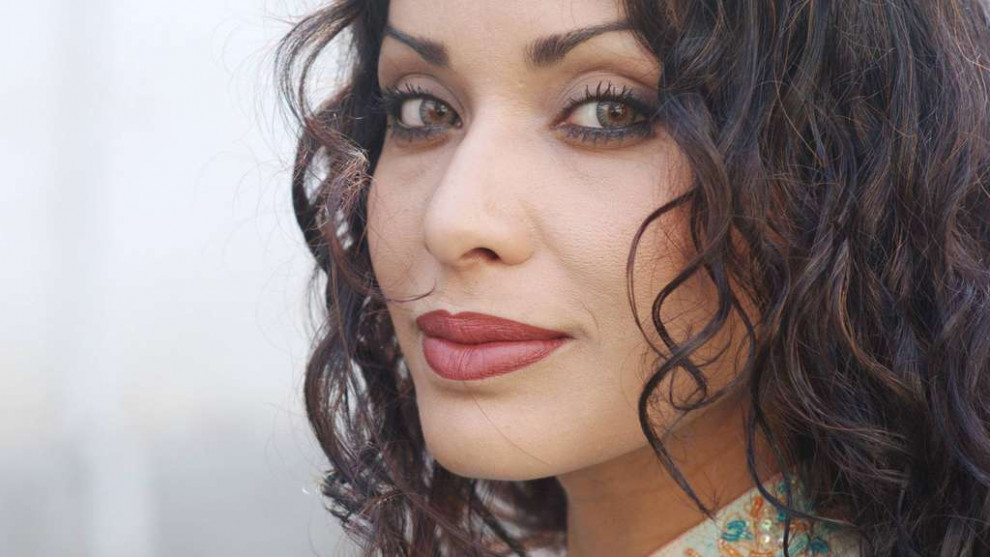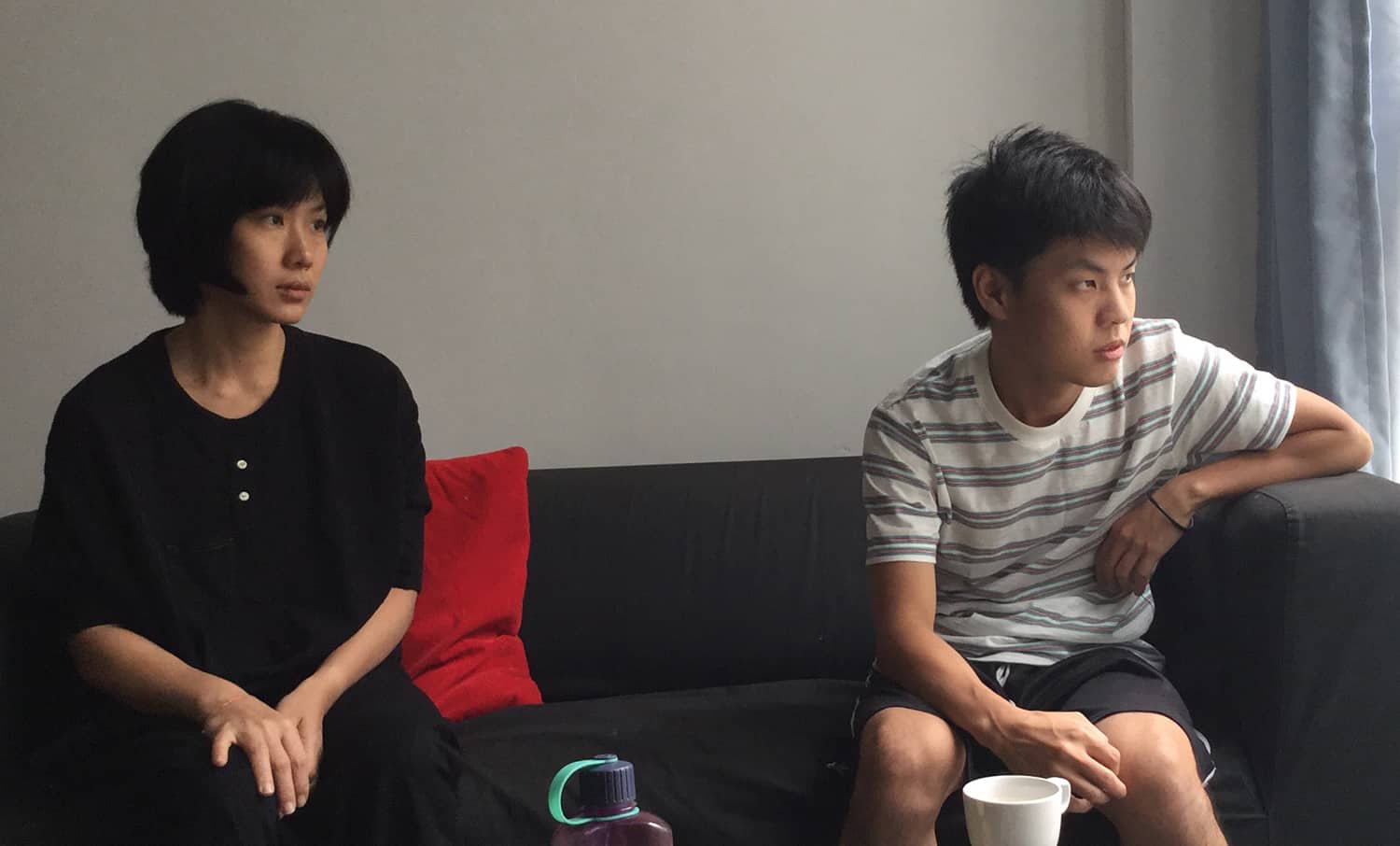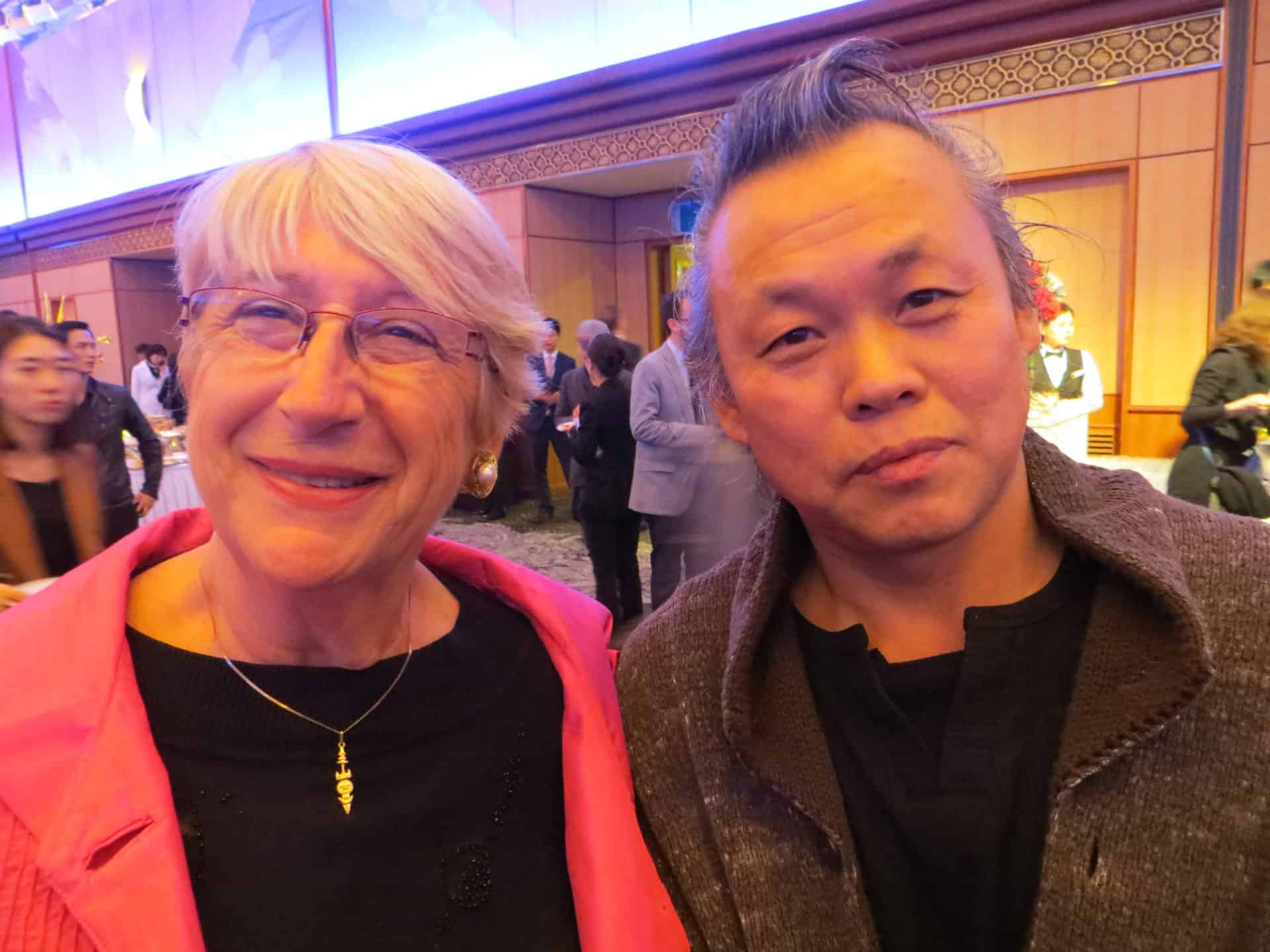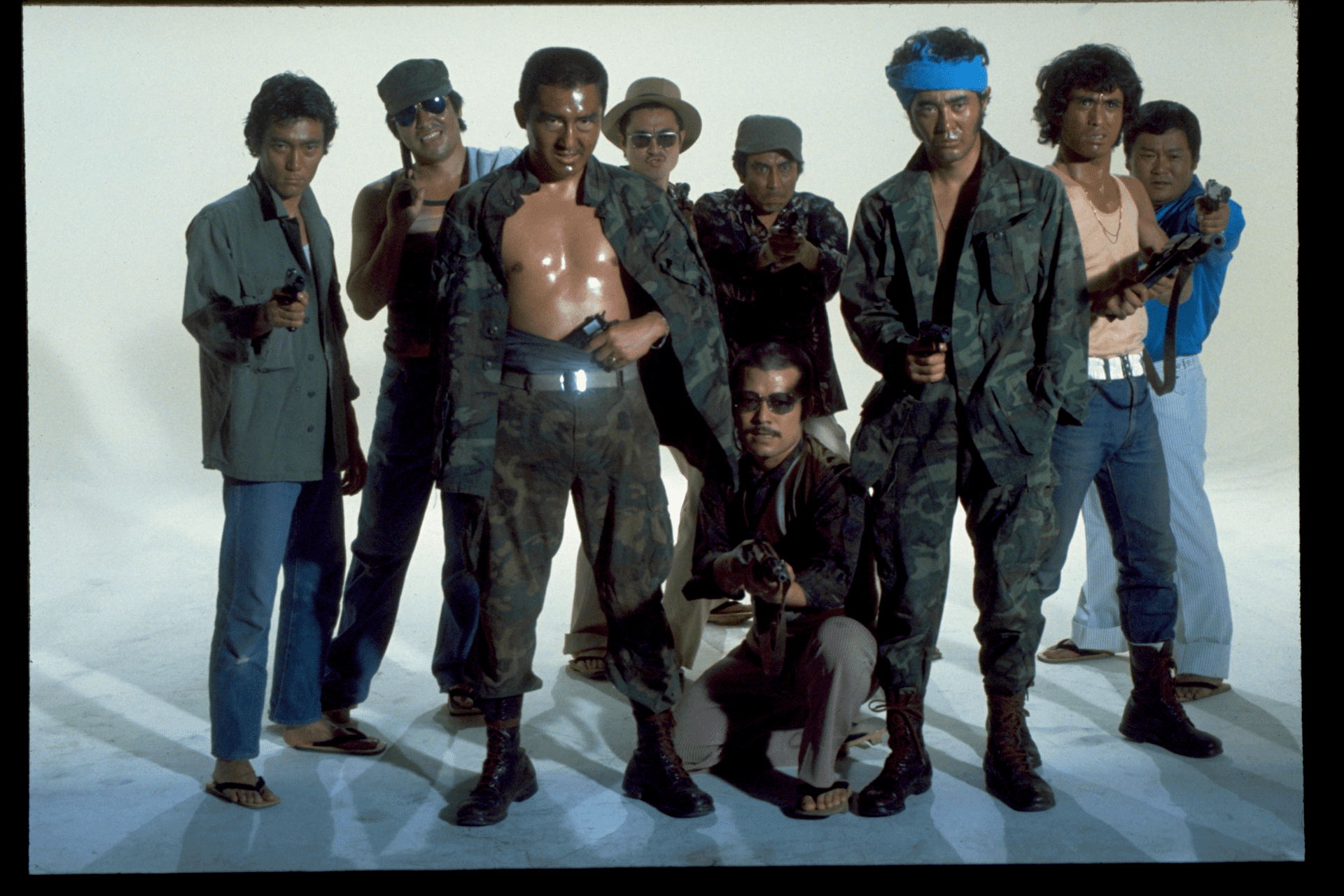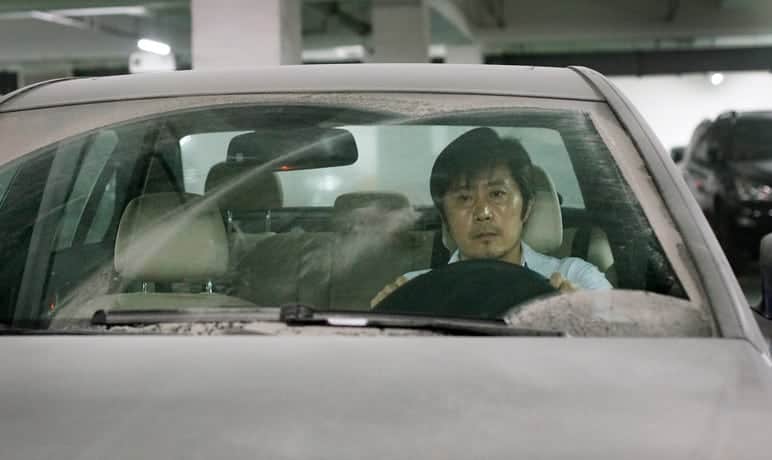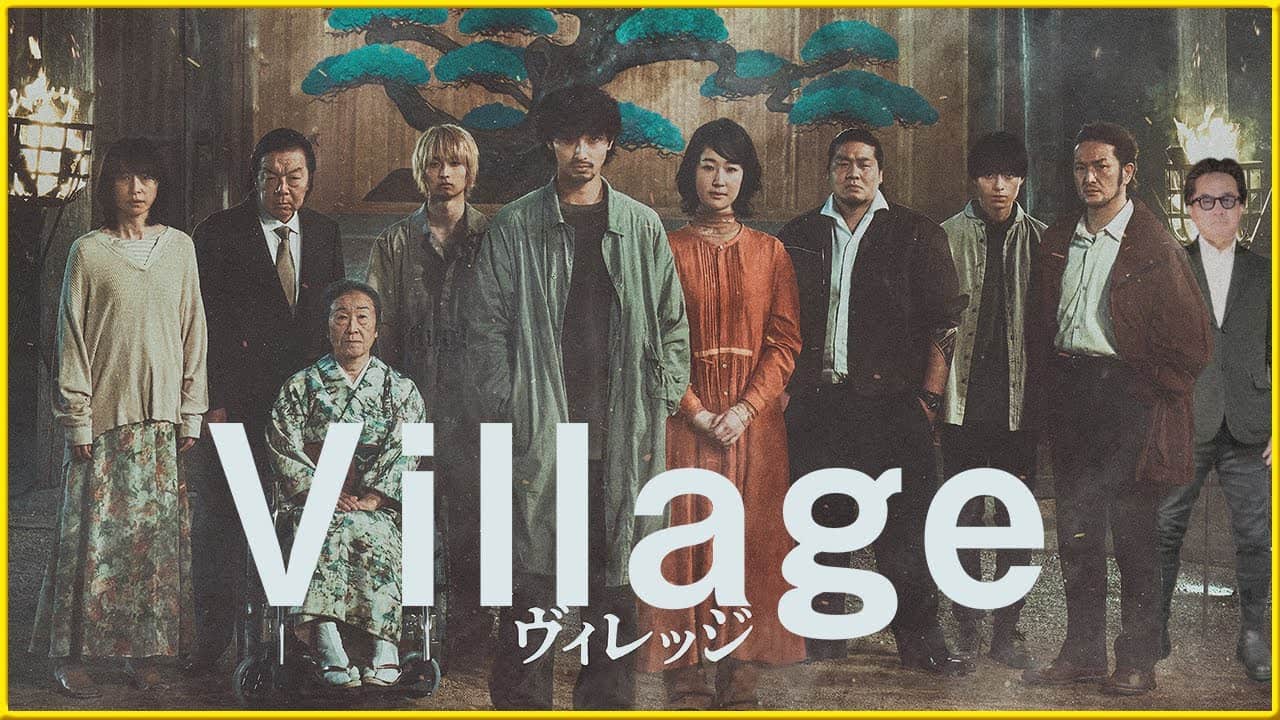Leena Alam is an award winning Afghan film and Tv actress and a Human rights activist. She started her acting career in 1998 with films as “In a Foreign Land”, “Loori” and a few more made by the Afghan diaspora filmmakers in the US. She made her debut in Afghanistan in Barmak Akram's 2008 “Kabuli Kid”, and went on to do “Soil and Cora”l, “Ahwal e Darya”, “A Letter to the President” and a few short films to help young rising film makers in Afghanistan. She is mostly known to have worked in subjects that speaks on Child Marriage, Gender Equality, Women's Right and Social Conflicts. Her notable work on these subjects are “Shereen” The struggle of a powerful woman, a taboo-smashing feminist TV drama, and “The Killing of Farkhunda” a re-enactment of the killing of a 27-year-old Afghan woman falsely accused of burning a copy of the Quran.
On the occasion of “A Letter to the President” at Vesoul International Film Festival of Asian cinema, we speak with her about the film, women, cinema, and the general situation in Afghanistan, and many other topics.
At the start of your career you were a model and a dancer. Can you tell us how the transition to acting occurred?
Yes, it was when I had just started modeling, I was approached and offered roles by amateur Afghan film makers in the Bay Area. Inexperienced and not fully understanding cinema, I started acting without any purpose. But it was after my visit to Afghanistan, during the Taliban regime, that gave me purpose and determination to pursue acting in a serious manner.
As we all know, the Taliban fearlessly destroyed everything in the country. Schools, historic monuments, buildings, cinema halls…. and among all, they raided the Afghan Film Organization destroying film reels, burning and breaking television sets, film and music cassettes. They were the enemy of art, culture, education and they were the enemy of women. Especially the ones who didn't follow their rules, women who wanted to take part in art, culture, education, cinema, to work freely in a society without wearing a Burqa or head scarf. After my experiences during my visit to Afghanistan I decided that acting was what I wanted to do and be the voice and tell the stories of Afghan women trough the characters I would play.
You are also an activist and were named peace ambassador of the [[UNAMA|United Nations Assistance Mission in Afghanistan. Can you tell us about this aspect of your life?
I think it is very important in today's societies for people to raise their voices against suppression, brutalities and injustice. Especially all artists, journalists, media. They have the most peaceful and harmless weapon, which is their voices trough their work. Together, they can be the loudest and most affective in bringing changes.
You have won a number of awards in festivals all around the world. Are your proud of this success?
It feels very nice that my work gets recognition, but no, I think that there is so much for me to learn and to accomplish, which I think I will not be able to achieve in this lifetime.
Why did you decide to take the role of Soraya in “A Letter to the President?” In general, what are the criteria for you to pick a part in a movie?
I normally choose a role that has something to say, that has depth. In films that are realistic, that people can relate to and feel close to its content and characters. I love to do roles that challenge the conservative societies. Talk about subjects that are taboo and are to be questioned. In “Letter to the President” Soraya did exactly what I do through the characters I play. She challenged, regardless of the consequences.
How was your cooperation with Roya Sadat in the film, how did she guide you for the role, and how did you interpret the part?
Well, after she introduced me to Soraya, I did a little research of my own in understanding Soraya. I read and watched some documentaries on women similar to Soraya's position. As a woman living in that society for so long I felt her in every way, it was not hard adapting her character.

Roya said that there were some violent incidents during the shooting. Were you afraid? In general, how did you experience the shooting of the film?
It is always challenging making films in Afghanistan. It is hard to shoot outdoors. Fearing that an explosion can happen during filming just about anywhere now, or you get threatened by people. Almost in every film shoot that I have been, one or two explosions have happened just a few miles from the sets.
The film presents Soraya, who is even the head of the Kabul Crime Division, as dominated by the male in her life. Can you tell us a bit about this concept and how close to the reality of women in Afghanistan it is?
Women in law enforcement are probably less than 3% in Afghanistan. Among them there has been some police chiefs and police commanders. A good example would be district police chief Jamila Bayaz. I believe even the majority of high ranking women from different fields still are dominated and influenced by men in the family. Soraya is very much close to reality.
The scene where Soraya slaps her husband is one of the most shocking in the film. Can you tell us a bit more about the scene?
Well, to make long story short, the slap was shocking even behind the scene as it is in the scene. Initially my co-actor had objected the scene. After being convinced, he agreed to it only if my hand didn't touch his face. Meaning, he did not want to be hit in real. After a few takes, it was clear that the scene did not look realistic. It was then decided that the next take would be a real slap, without him knowing about it.
Worrying about what will happen after, we went for the take anyway. But that was the least of my concerns. I was more worried about camera, lighting, sound, our performances and my blocking point on the stairs, I knew this was our only chance to take it right. Because there was absolutely no chance to retake the scene. My heart was pounding and I kept on telling myself not to make any mistakes. It was then that I went for it and his reaction can tell it all.

After the slap, when I went up the stairs, I hid under the dining table in a room. He came twice looking for me as I could see his feet from under the table. I didn't want to face him not knowing how he would react, I stayed there for 10 to 15 minutes until Khalid Drudgar (sound man) and Nazeif Behnam (still photographer) on the set, came looking for me. They told me that I don't need to be afraid and assured me that they won't let anything happen to me.
I finally went downstairs to the main hall where the scene was shot and waited for him to come back from outside. When he came in, I immediately went to him and I apologized to him repeatedly.
Slapping, beating or torturing women in Afghanistan is a common practice. Men think that they have the full right to do so. But when a woman tries to raise her hand on a man ,especially her husband, it is a shameful act. She has caused dishonor and humiliation to her husband. She has committed a sin and she needs to be punished.
In the end, and despite the orders of the President, Soraya is executed. Do you feel that there are powers in the country that even exceed the President's?
Even though I have not seen the film yet, I think the it was to have an open ending. It is for the audience to imagine and have their own interpretation. Remember, Afghanistan is one of the most corrupt countries in the world. Soraya or Sorayas are the least concern of the government which is surrounded and occupied by warlords. President vs warlords, it is not going to be easy rescuing Soraya. Messages to President get lost on the way, unless you know someone who is really close to him that could hand deliver it personally.
What is the situation of Afghan cinema at the moment, particularly regarding actresses?
Afghan cinema is taking its first steps since the fall of Taliban. Even though the industry is very small, still some brave filmmakers are trying very hard to catch up. Lack of security and lack of funding are the issues that makes the productions run very, very slow. Discouraged, most filmmakers and artists have fled the country.
Regarding the actresses, the main concern is the security. After Dr. Najib's government, people have lived under Mujahideen and Taliban's regime. Naturally, their extremism mentality still exists in people, which makes it even harder for actresses. We are talking about a conservative society that does not allow women to show their face to non Mahram. And here we have actresses working so closely with men in scenes and they are seen by millions of people.
During the filming of “Shereen” Tv drama, Mullah had issued Fatwa against the character I was playing and the drama. Soon we were attacked with hand grenades in Kabul. Again shooting for the same show, we were attacked by a man breaking props and the set threatening to kill us if we didn't leave the location in Shamali.
During filming of “Qamar”, my short film, we were threatened to be killed. I didn't know what to do knowing that I may be putting 17 peoples lives at risk including mine.
Accompanied by so many male actors, exposed and occasionally touched, you can imagine how much negativity and threatening messages I received after playing Farkhunda on the street. But that hasn't stopped me and other artists from doing what we love.
I am sure some of your readers have read or heard about the suicide attack during a play on the Institut français d'Afghanistan in Kabul. The full story can be seen in “True Warriors” a film by Ronja von Wurmb-Seibel and Niklas Schenck. Even now, four years later, a sound of a toy balloon bursting scares me.
Which are your favorite actors, directors and films?
There are so many great artists and films that I love. If I mention them all this page may be filled. But I will name some that are on top of my mind.
Sean Penn, Viola Davis, Meryl Streep, Jodie foster, Helen Mirren, Daniel Day-Lewis, Nawazuddin Siddiqui, Manoj Bajpayee, Tom Hanks, Philip Seymour Hoffman, Sally Hawkins, Forest Whitaker, John Malkovich….
Philadelphia, The accused, Dead man walking, Misery, A Separation, One Flew Over the Cuckoo's Nest, The Pianist, Capote, I am Sam, My Left Foot, Maudie, Schindler's list, Baran…
Billy Bob Thornton, Anurag Kashyap, Kathryn Bigelow, Jonathan Demme, Andrei Tarkovsky, Majid Majidi, Roman Polanski, James Cameron, Alejandro Gonzalez Inarritu…
Can you share some details about your future projects?
I am waiting on a few promising film projects actually. But the lack of funding makes the wait even longer, unfortunately. I hope these films get funded and made, before the rest of my hair turns gray :).


